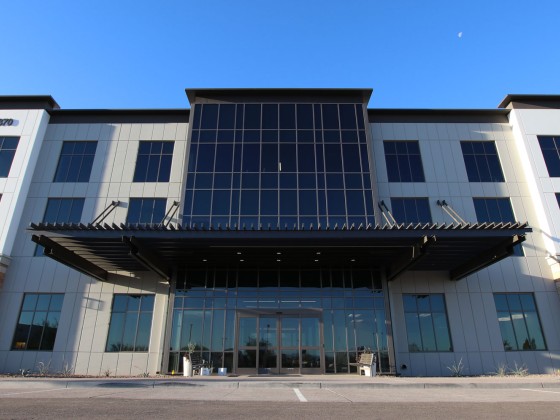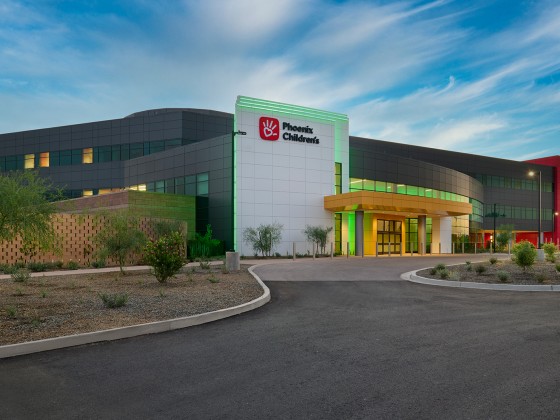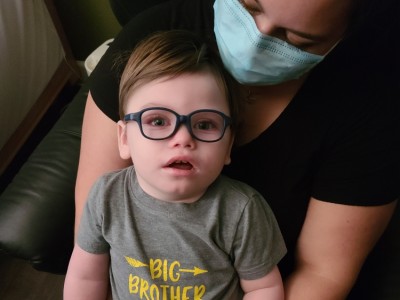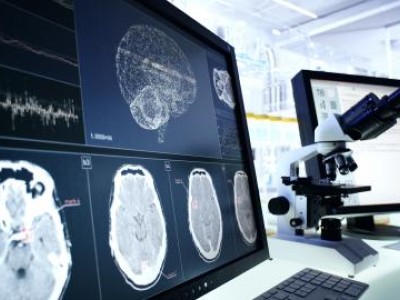The Neurocritical Care Program at Phoenix Children’s provides the highest level of care for children with severe neurological conditions. Using advanced technologies for monitoring, our experienced clinicians deliver targeted care to prevent the worsening of brain injuries. Each child's care plan is tailored to optimize brain health and recovery.
Our neurocritical care team consists of specialists who manage acute brain injuries and severe neurological conditions. By employing advanced diagnostics and continuous monitoring, we deliver precision-based care to mitigate worsening injury for optimal brain recovery. We ensure continuity of care from the intensive care unit to the outpatient clinic, creating a comprehensive treatment plan that promotes healing and recovery from acquired neurological injuries.
Our team's expertise encompasses multiple areas, including clinical neuropsychology, multimodal monitoring, neurology, advanced neuroimaging, pediatric stroke, neonatal neurology and neurotrauma, among others. Beyond patient care, our neurocritical care specialists engage in research to advance the understanding of acute brain injuries, develop more effective treatment methods and improve outcomes. We also focus on quality improvement in critical care units and the education of medical students, residents, fellows and nursing staff in neuroprotective care strategies.
Research & Clinical Trials
The Neurocritical Care Program at Phoenix Children’s is actively involved in several research studies funded by federal agencies and foundations. Our research focuses on identifying unique biomarkers that could indicate brain injury or recovery, aiming to enhance future patient care.
Additional information about our advanced clinical research and breakthroughs can be found on our Research & Clinical Trials web section.
Locations


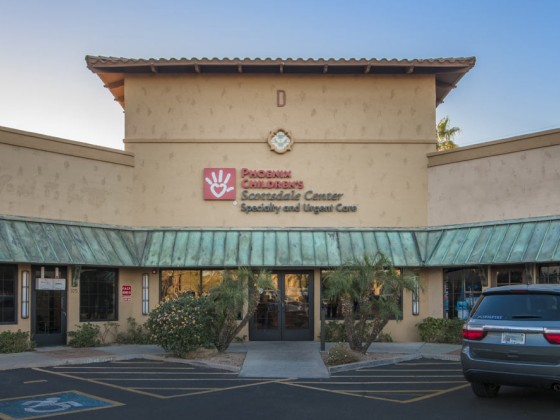
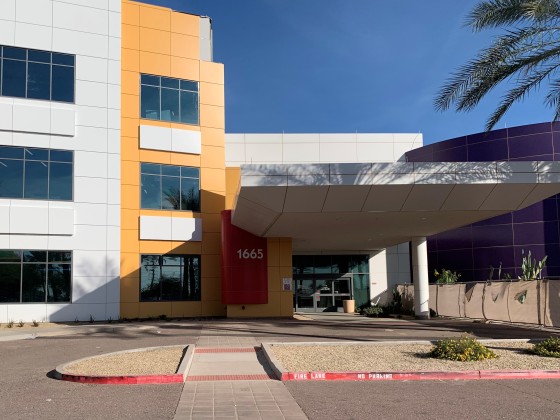
Phoenix Children's Specialty Care - Avondale Campus
1665 N. Avondale Blvd.
Avondale, AZ 85392

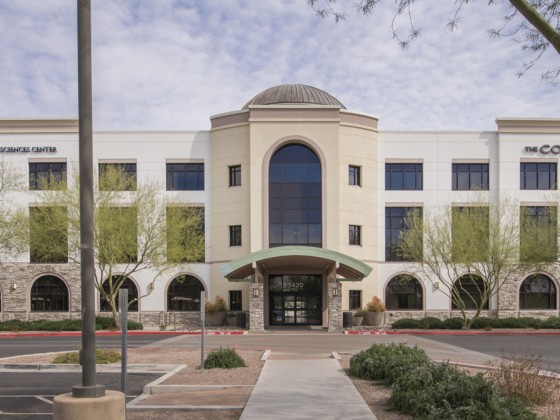
Phoenix Children's Specialty Care - East Valley - Suite 205
3420 S. Mercy Rd.
Suite 205
Gilbert, AZ 85297
